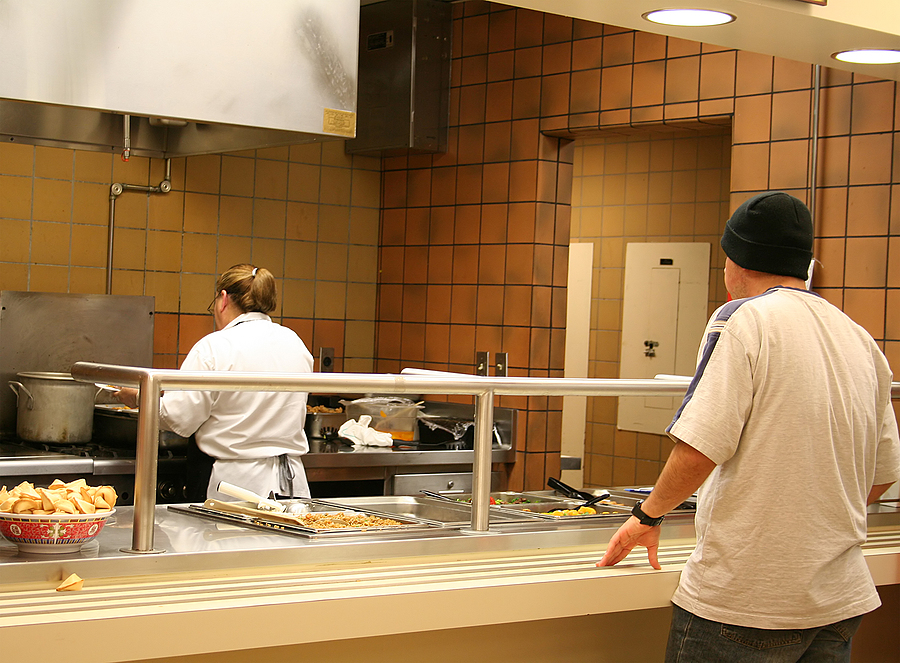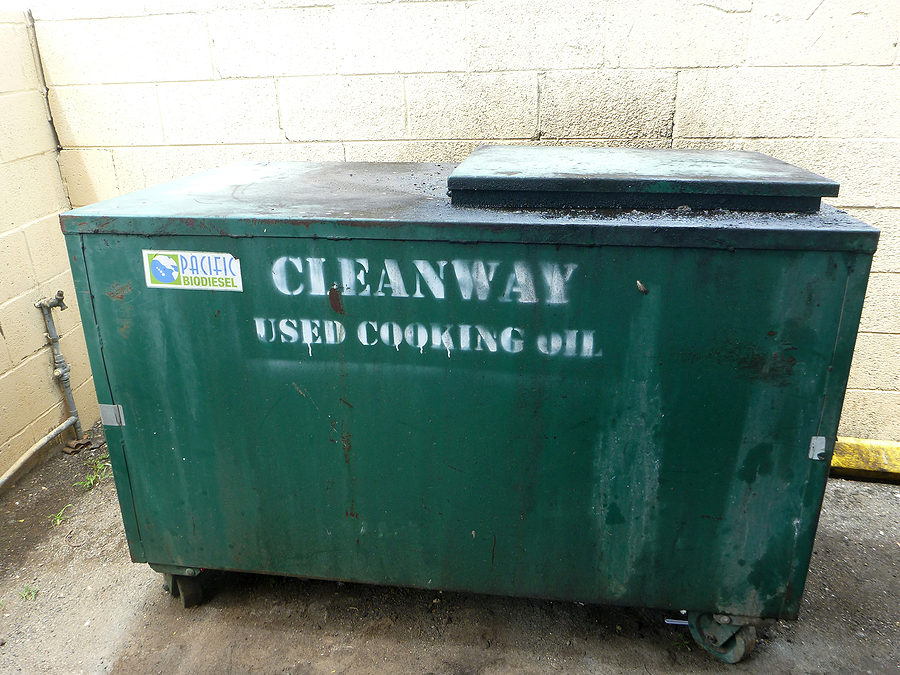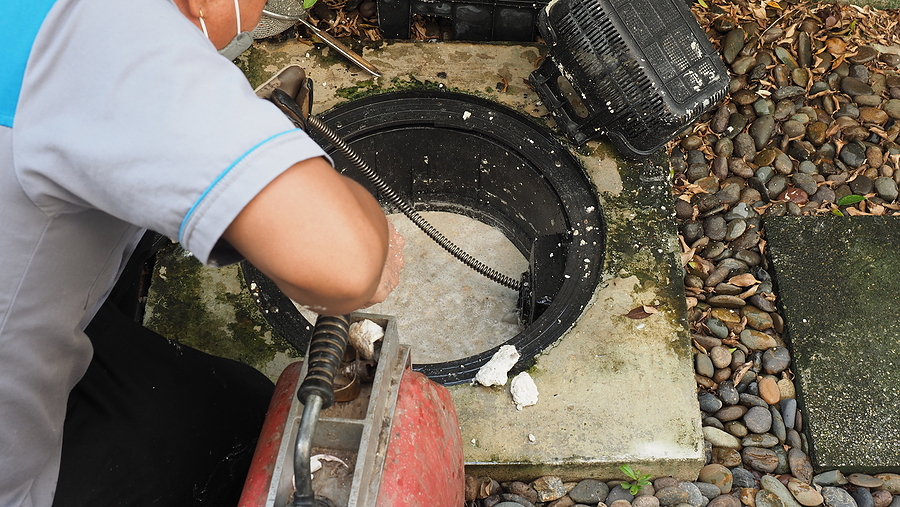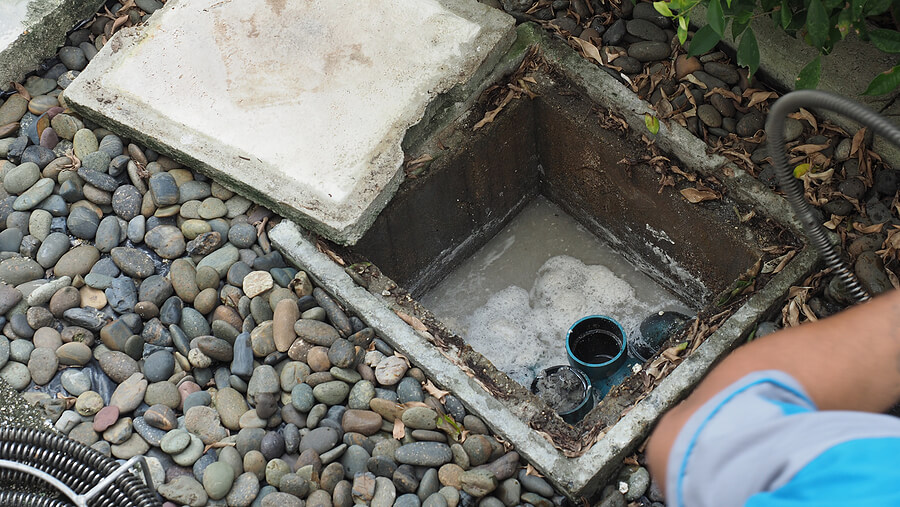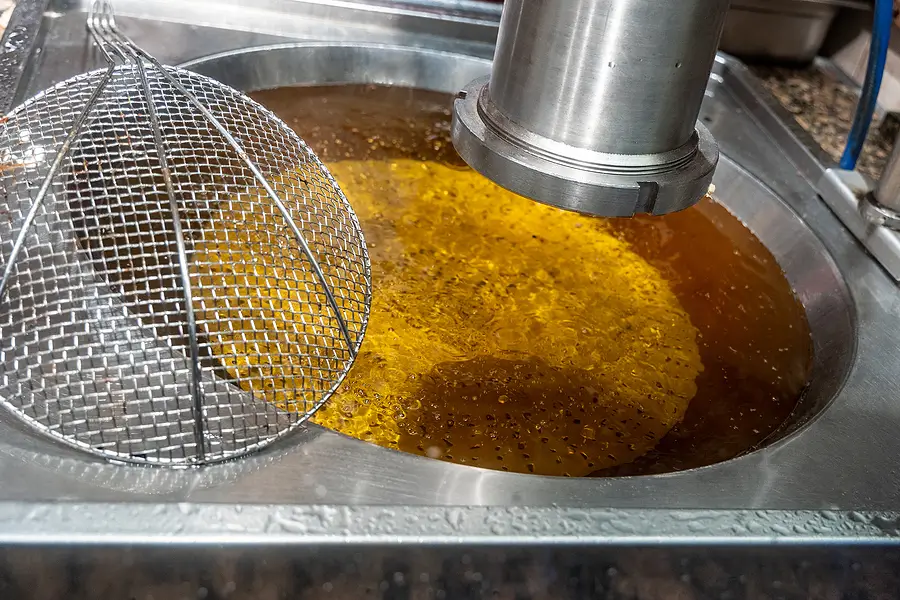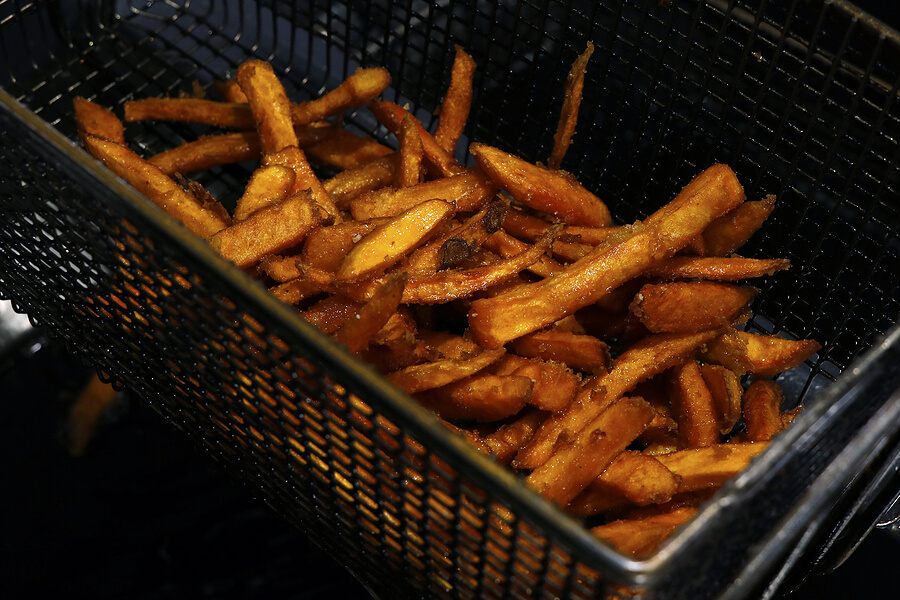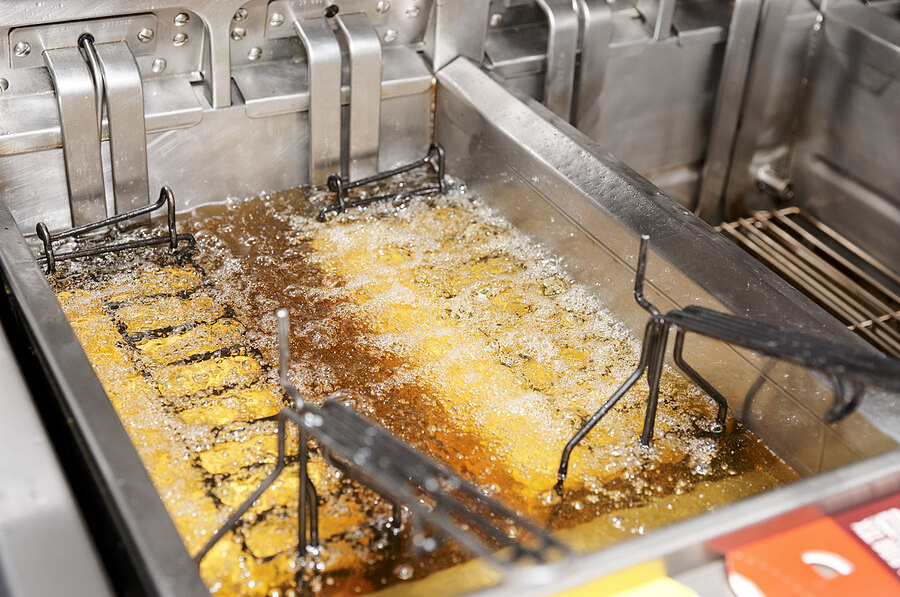Food courts, with multiple eateries clustered together, are major consumers of cooking oil products in the United States. While culinary trends in food courts might not be the same as they were a couple of decades ago, food courts are still often filled with different types of fried delights. With high volumes of food preparation daily, food courts generate a substantial amount of used cooking oil that needs to be disposed of and recycled responsibly. At Northwest Biofuel we recognize that providing food courts with helpful tips and guidance on...
How Schools Can Utilize Used Cooking Oil Disposal for Sustainability
It’s estimated that schools in the U.S. serve lunches to more than 28 million students per day. When we also take into account breakfast meals, after-school and summer meal programs, school meal programs are a major consumer of cooking oils. There’s incredible potential here for schools to utilize used cooking oil disposal to create a more sustainable world for the future and the children they serve. The Importance of Proper Cooking Oil Disposals for Schools Many states have laws in place that regulate the disposal of cooking oil for commercial...
How Small Businesses Can Implement Effective Oil Recycling Program
There are a lot of moving parts to running a small business, with a long list of tasks that need tending to. Environmentally friendly tasks, like recycling used oil, might not be high on the list of priorities. Implementing an effective oil recycling program doesn’t have to create added stress for small businesses. With just a few simple steps, any small business can have a plan in place for effortless, safe, and clean oil recycling. Benefits of Oil Recycling for Small Businesses There are both environmental and economic benefits of...
Olympia, Washington Used Cooking Oil Disposal & Recycling
Olympia, Washington, is a city about 100 miles north of Portland, Oregon, and 45 miles southwest of Seattle. Olympia residents received bad news when the Thurston County Waste and Recovery Center suspended the used cooking oil collection program. It happened because of the vendor’s new traceability guidelines, which made collection impossible to maintain. If you’re a resident and plan to throw out your used cooking oil, you need to solidify it with stearic acid or a commercial solidifier like FryAway. Restaurants and professionals in the food service industry or with...
Grease Trap Cleaning for Commercial Kitchens: Tips for Efficient Waste Management
In the Portland area, grease traps and proper grease trap maintenance are a requirement. Any commercial kitchen must have one installed and cleaned regularly. Is that enough or are there other things you can do to manage your kitchen’s waste effectively? Why Is a Grease Trap Important? A grease trap captures food particles and fats, oils, and grease (FOG) to prevent them from getting into the pipes that leave your business and go to the sewers. When too much FOG enters a pipe, it can solidify and cause blockages. There...
The Importance of Responsible Deep Fryer Oil Disposal: Environmental Impact and Regulations
Almost 750,000 restaurants are found in the U.S., and approximately 103,300 of them are chains. In Oregon alone, there were 10,569 restaurants or food/beverage establishments in 2022. The National Renderers Association reports that 4.4 billion pounds of used cooking oil, including used deep fryer oil, are collected and processed every year in the U.S. and Canada. Much of that becomes feedstock for biodiesel and renewable diesel production. Why is this so important? What Impact Does Deep Fryer Oil Have on the Environment? A standard deep fryer holds up to 50...
The Role of Government Initiatives in Promoting Used Cooking Oil Recycling
Restaurants, hotels, and others in the food service industry go through gallons of cooking oil every week. Where does all of the used cooking oil go? Ideally, used cooking oil is recycled and turned into biofuel and glycerin, but not every state ensures this happens. Government initiatives help promote used cooking oil. In Oregon, it’s illegal for businesses to dump used cooking oil down a drain. It clogs pipes and creates blockages in sewer lines. It needs to be collected and recycled. What other measures are being used to ensure...
Cooking Oil Recycling in Fast-Food Chains: Setting Industry Standards
More than 200,800 fast-food restaurants exist in the U.S., an increase of 0.8% from 2022. Oregon has over 11,550 of them, including 3,602 chain restaurants. If you stop and consider that the average fast-food restaurant generates 35 pounds of used cooking oil each day, it’s a lot. In one year, a restaurant disposes of 12,775 pounds of used cooking oil. That’s a lot. Now consider that every 8.5 pounds of used cooking oil produces 1 gallon of biodiesel. Every fast-food restaurant in Oregon has the potential to help create just...
Waste to Wealth: The Value Chain of Used Cooking Oil Recycling
A value chain covers the steps it takes to create a finished product. Used cooking oil recycling has several steps to get from oil that’s used to cook foods to the finished biodiesel that powers a car, truck, plane, tractor, train, forklift, etc. If you’re not tapping into the benefits of used cooking oil recycling, you’re missing out. Explore the value chain of used cooking oil recycling to learn why it’s so important. Collection Is First Before used cooking oil is recycled, it has to be collected. Restaurants and food...
Cleaner Air and Reduced Emissions: The Role of Cooking Oil in Biofuel
In 2022, 457 million metric tons of carbon dioxide emissions were caused by the use of diesel fuel. While this was superior to the 1.019 million metric tons released by gasoline, it’s still a lot of unnecessary carbon dioxide production. Since the 1950s, carbon dioxide emissions have quickly grown to alarming rates. In 1950, global emissions rates were around 5.83 billion metric tons, but by 2021, global rates topped 35.34 billion metric tons. While not as drastic, the carbon dioxide concentrations in the atmosphere have also climbed from 311.7 parts...




